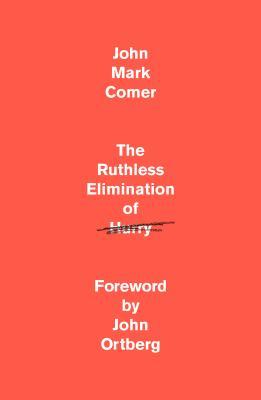Christ was not sent to mend wounded people or wake sleepy people or advise confused people or inspire bored people or spur on lazy people or educate ignorant people but to raise dead people.
Gently and Lowly – Dane Ortlund p175
Christ was not sent to mend wounded people or wake sleepy people or advise confused people or inspire bored people or spur on lazy people or educate ignorant people but to raise dead people.
Gently and Lowly – Dane Ortlund p175
My rating: 4 of 5 stars
This is not a light read as it comprises a series of chapters written by ‘academics for academics’. It is not inaccessible but a fair amount of background knowledge of a wide range of fields is assumed. There are a number of chapters that deal with Lewis’s professional works in English studies. I think some of the strongest chapters were when authors critically engaged with works that the public still read: on love, violence, suffering, heaven and hell.
View all my reviews
Fra Angelico’s angels carry in their face and gesture the peace and authority of heaven.

Later come the chubby infantile nudes of Raphael,

finally the soft, slim girlish and consolatory angels of nineteenth-century art, shapes so feminine that they avoid being voluptuous only by their total insipidity – the frigid houris of a tea-table paradise.

They are a pernicious symbol. In Scripture the visitation of an angel is always alarming; it has to begin by saying ‘Fear not’. The Victorian angel looks as if it were going to say ‘There, there.’
CS Lewis – Preface to 1961 Screwtape Letters
“What looks like talent is often careful preparation.
What looks like skill is often persistent revision.”
James Clear
The problem is that psychotherapies took practices from ancient religions (Stoicism, Buddhism, Christianity), but ditched their idea that life is suffering. Instead, suffering became disorders, disorders became ‘epidemics’ which must be eradicated, therapies became industries…
Jules Evans on Twitter
This is a simple unfussy book about resisting the siren call of social media and the smart phone. Schumacher has less space than e.g. John Mark Comer and applies three core disciplines (solitude, simplicity and Sabbath) to her own lifestyle. Not attempting to cover everything, she opens up the subject well.

John Ortberg described one of his books as ‘Dallas for Dummies’, this book is ‘Ortberg for Millennials.’ Ortberg graciously provides a foreword to a book that takes its title from something Dallas Willard said to Ortberg. Ortberg rightly says that it almost unthinkable for modern people to adopt Jesus’s teaching to hurry and busyness. Comer then picks up the baton and shows how a. modernity is obsessed with achievement at speed b. how Jesus’s approach was very different c. how he amongst others has made a resolution to slow down.
The strength of this book is Comer’s own personality and intention to follow Jesus in his context. This is very much a book by a West Coast millennial for his people. The book is full of very specific references that will connect with his peers. He is self-revealing (we are told about his Myer’s Brigg temperament, how many books he reads a week and how he only answers email once a week…) But he has put into practise (with his family) a slower pace of life. He is honest that is probably much easier for him to do as senior pastor. This strength is of course partly a weakness: the writing style is often irritating (he has Ortberg’s weakness for jokey asides), many of the best observations are quotations from other people (especially Willard and Ortberg) and some of the cultural references are just baffling to ‘outsiders’. Good to read quickly (!) and be challenged by, but hard to recommend to the general reader.
The English designer William Morris offered a good rule of thumb: “Have nothing in your houses that you do not know to be useful, or believe to be beautiful.”
In this truth lies the secret of the easy yoke: the secret involves living as [Jesus] lived in the entirety of his life—adopting his overall life-style. … Our mistake is to think that following Jesus consists in loving our enemies, going the “second mile,” turning the other cheek, suffering patiently and hopefully—while living the rest of our lives just as everyone else around us does. … It’s a strategy bound to fail.
Dallas Willard
Image and dust. Potential and limitations. One of the key tasks of our apprenticeship to Jesus is living into both our potential and our limitations.
John Mark Comer